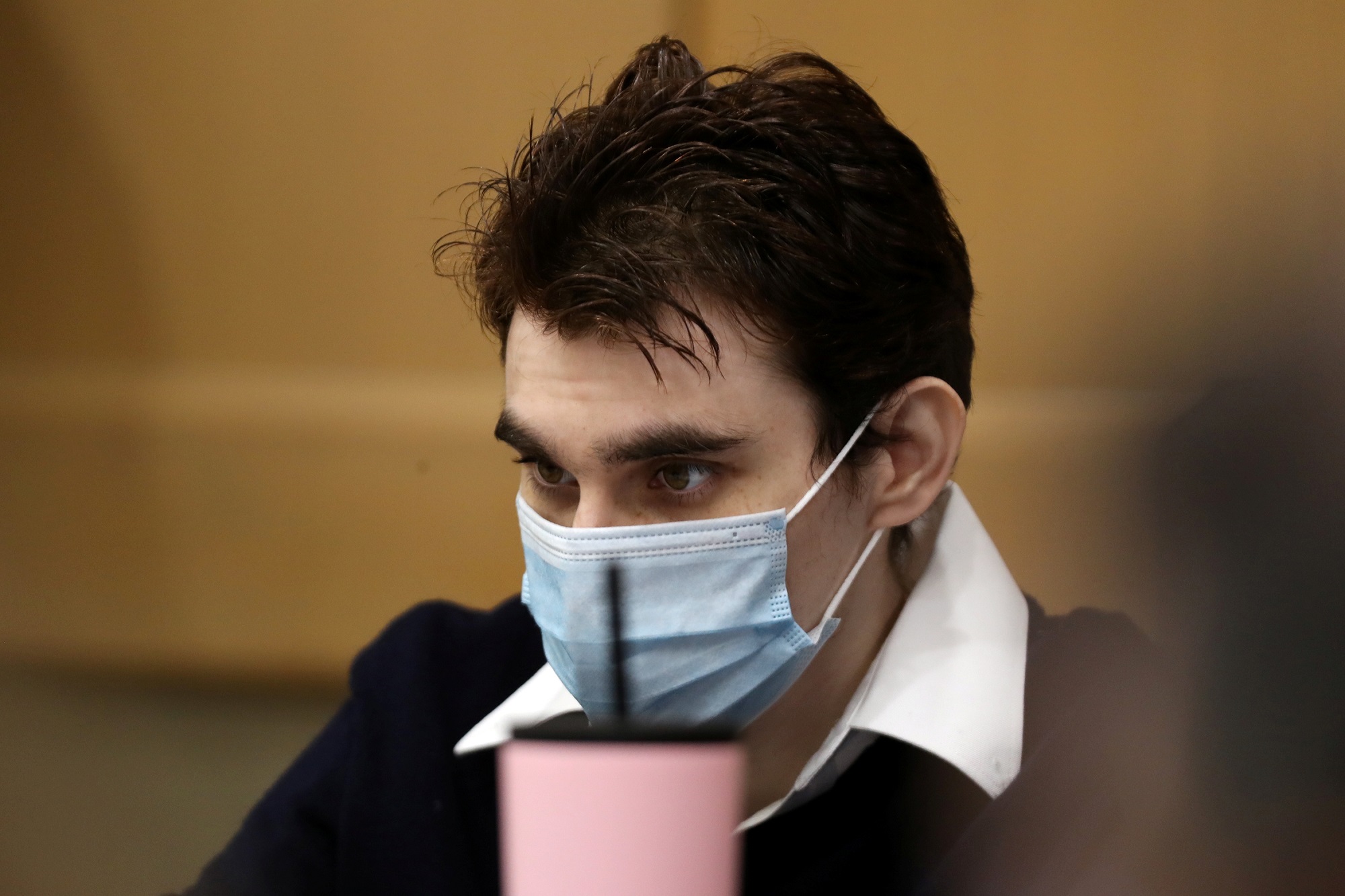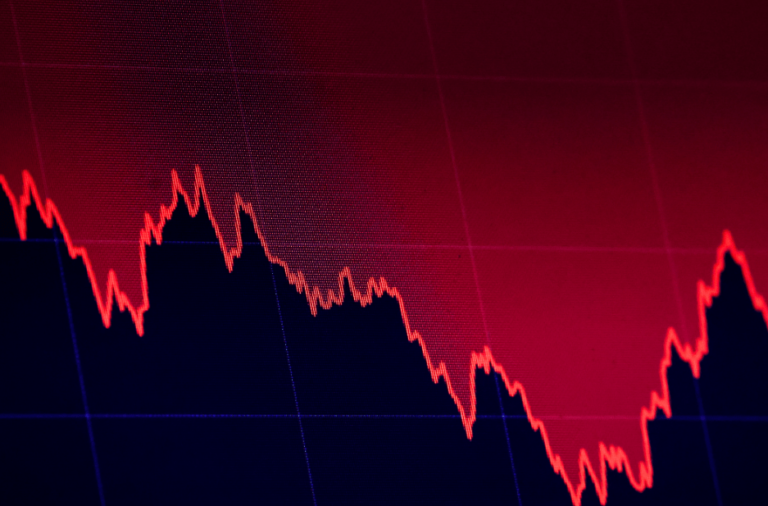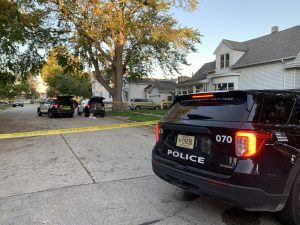The student who carried out a deadly attack against his classmates and teachers in Parkland, Fla., pleaded guilty to the premeditated murder of 17 people and the attempted murder of 17 others. His guilty plea puts his fate in the hands of a jury to decide whether he should spend the rest of his life in prison or face execution.
In a solemn courtroom packed with the relatives of those murdered and injured at Marjory Stoneman Douglas High School on Feb. 14, 2018, the 34 guilty pleas were read aloud.
Nikolas Cruz pled guilty after the judge asked him a series of questions about whether he understood the seriousness of his plea and the fact that it might lead to his execution. As Judge Elizabeth Scherer read each accusation — including the names of each victim — and asked how he wanted to plead, he said “guilty” 34 times.
Cruz murdered 14 students and three faculty members and wounded 17 others in one of the worst school shootings in American history. Using a legally acquired semiautomatic weapon, Cruz fired indiscriminately at his classmates and teachers. The incident sparked a nationwide youth movement against gun violence.
Despite the risk of getting the death penalty, Cruz’s defense attorneys did not explain why they chose to submit a guilty plea. Legal experts said such as plea may come with some advantages. According to William N. Nettles, a former United States attorney in South Carolina, arguing otherwise after a defense counsel has concluded that a guilty conviction is unavoidable will only destroy goodwill with jurors.
“In cases like that, it’s often the best course of action to decline to fight a losing battle and instead fight a battle that you might win — and that’s the sentencing battle,” Nettles said.
After a jury’s recommendation, Judge Scherer will make the final decision in the case. In Florida, there are 305 individuals on death row; from 2010 to 2019, the state executed three people on average per year.












